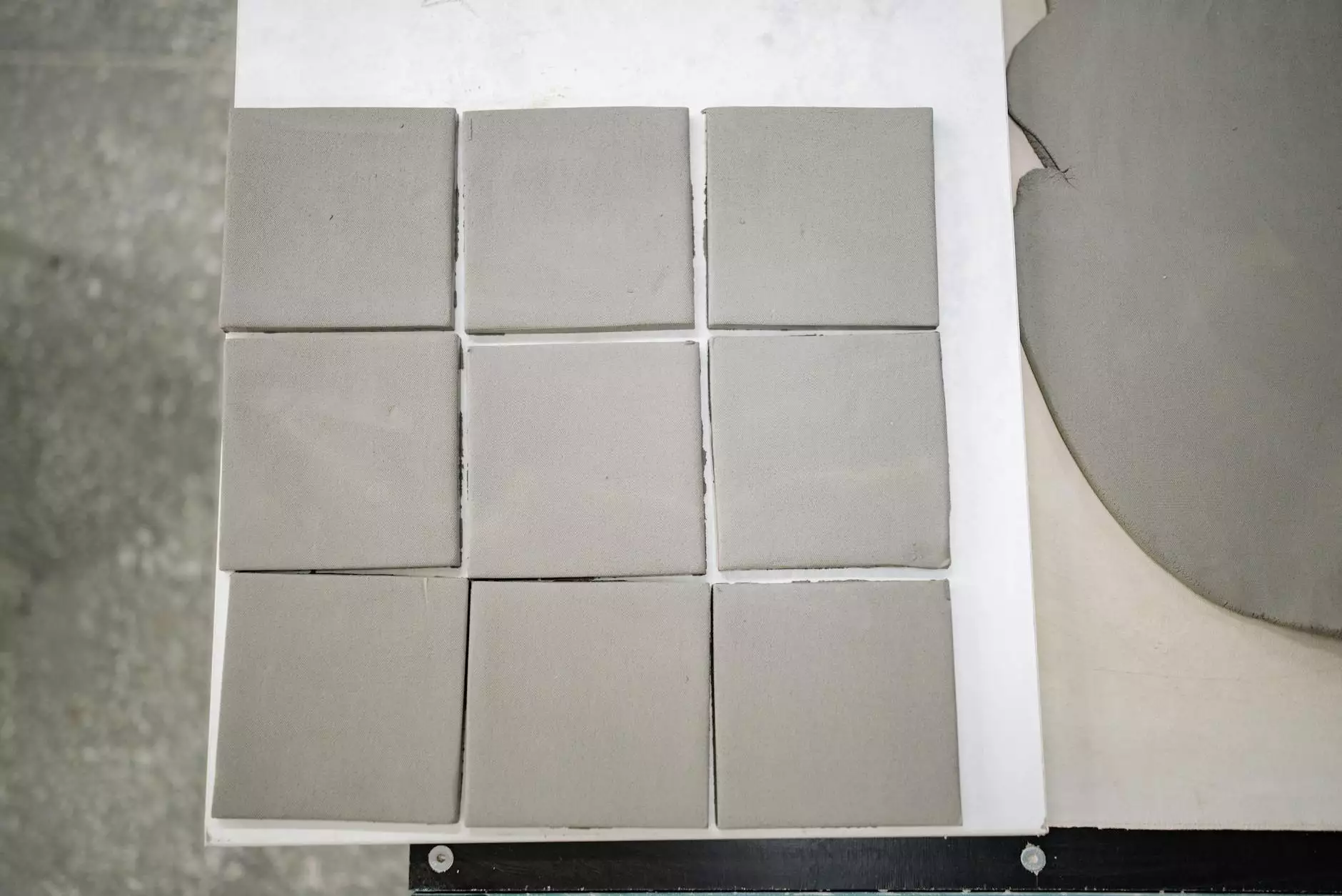Precision Components Manufacturers: The Backbone of Modern Industries

The term precision components manufacturers encapsulates a critical segment of the manufacturing industry that plays an essential role in various sectors, from automotive to aerospace, and healthcare to electronics. In an era where technology and innovation are at the forefront, the significance of precision engineering cannot be overstated. This article delves deep into the realm of precision components manufacturing, discussing its importance, processes, and the future trajectory of the industry.
Understanding Precision Components Manufacturing
Precision components manufacturing involves the creation of parts and components that meet specific tolerances and performance standards. These components are integral to the functioning of complex systems and machinery. Manufacturers in this sector utilize advanced technologies, stringent quality control measures, and a deep understanding of materials to ensure their products meet the demanding needs of today's markets.
The Importance of Precision Components
The role of precision components in industrial applications is paramount. Here are some key areas where they have a substantial impact:
- Quality Assurance: High precision ensures that components fit perfectly and operate efficiently, which reduces the risk of failure.
- Cost Efficiency: By minimizing errors and waste, precision manufacturing leads to significant cost savings.
- Innovation: Advanced manufacturing techniques enable the production of complex designs that drive innovation in various fields.
- Safety: In industries such as aerospace and healthcare, precision components can determine the safety and reliability of essential systems.
The Manufacturing Process of Precision Components
The journey of creating precision components is intricate and demands a well-defined process, involving several key stages:
1. Design and Prototyping
The first step in the manufacturing process involves precise design using software tools such as CAD (Computer-Aided Design). This stage is critical as it sets the foundation for what the end component will look like and how it will function. Following the design phase, prototypes are created to evaluate the component’s feasibility and performance.
2. Material Selection
Choosing the right materials is vital in precision engineering. Various factors such as mechanical properties, thermal resistance, and corrosion resistance play a role in selecting appropriate materials. Common materials used include:
- Aluminum
- Stainless steel
- Plastics
- Composites
3. Machining and Fabrication
Once the materials are selected, they go through various machining processes, including:
- Milling: The use of rotary cutters to remove material.
- Turning: The workpiece rotates while a cutting tool is held stationary.
- Grinding: Using an abrasive wheel to achieve a high-quality surface finish.
- Electrical Discharge Machining (EDM): A process that uses electrical discharges to shape the material.
4. Quality Control
Quality control is integral to precision manufacturing. Techniques such as statistical process control (SPC) and in-process inspections ensure that the components produced meet strict tolerances and performance requirements.
5. Assembly
Many precision components require assembly with other parts. This stage must be carried out with meticulous attention to detail to guarantee the final product's integrity. Advanced technology, such as robotics, is often employed to enhance precision during assembly.
Current Trends in Precision Components Manufacturing
The landscape of precision components manufacturing is continually evolving. Several trends are reshaping the industry:
1. Automation and Smart Manufacturing
Automation plays a crucial role in increasing efficiency and precision in manufacturing processes. The incorporation of smart technologies, such as the Internet of Things (IoT) and artificial intelligence (AI), provides manufacturers with real-time data analytics, leading to improved decision-making and predictive maintenance.
2. Additive Manufacturing
Additive manufacturing, or 3D printing, is gaining traction as a method for producing complex components that traditional manufacturing cannot achieve. This technology reduces waste and allows for rapid prototyping and production.
3. Sustainable Practices
With growing concerns about environmental impact, precision components manufacturers are adopting sustainable practices. This includes energy-efficient processes, recycling materials, and reducing waste throughout the manufacturing cycle.
The Future of Precision Components Manufacturing
The future of precision components manufacturers looks promising, with advancements in technology and innovations continually presenting new opportunities. As industries evolve, expertise in areas such as micro-manufacturing and customization will become increasingly valuable.
1. Increased Demand for High Precision
As technology progresses, the demand for components that boast high precision and reliability is expected to surge, particularly in sectors like aerospace, medical devices, and consumer electronics.
2. Enhancement in Supply Chain Management
The precision components manufacturing sector must also adapt to global supply chain challenges. By implementing advanced technologies and strategic partnerships, manufacturers can enhance their resilience and flexibility.
3. Focus on Skills Development
As the industry shifts towards more technology-driven processes, the need for highly skilled workers will rise. Investing in employee training and development will be crucial for staying competitive.
Conclusion
In conclusion, the role of precision components manufacturers is indispensable in the modern industrial landscape. These manufacturers drive efficiency, support innovation, and ensure the quality and reliability of products across a spectrum of industries. As we look to the future, understanding the evolving trends and embracing technology will be critical for businesses aiming to thrive in this dynamic environment.
The continuous improvement and innovation in precision components manufacturing will not only propel industries forward but also contribute significantly to economic growth and sustainability on a global scale. Companies such as Deep Mould exemplify the capabilities and direction of this essential industry.



